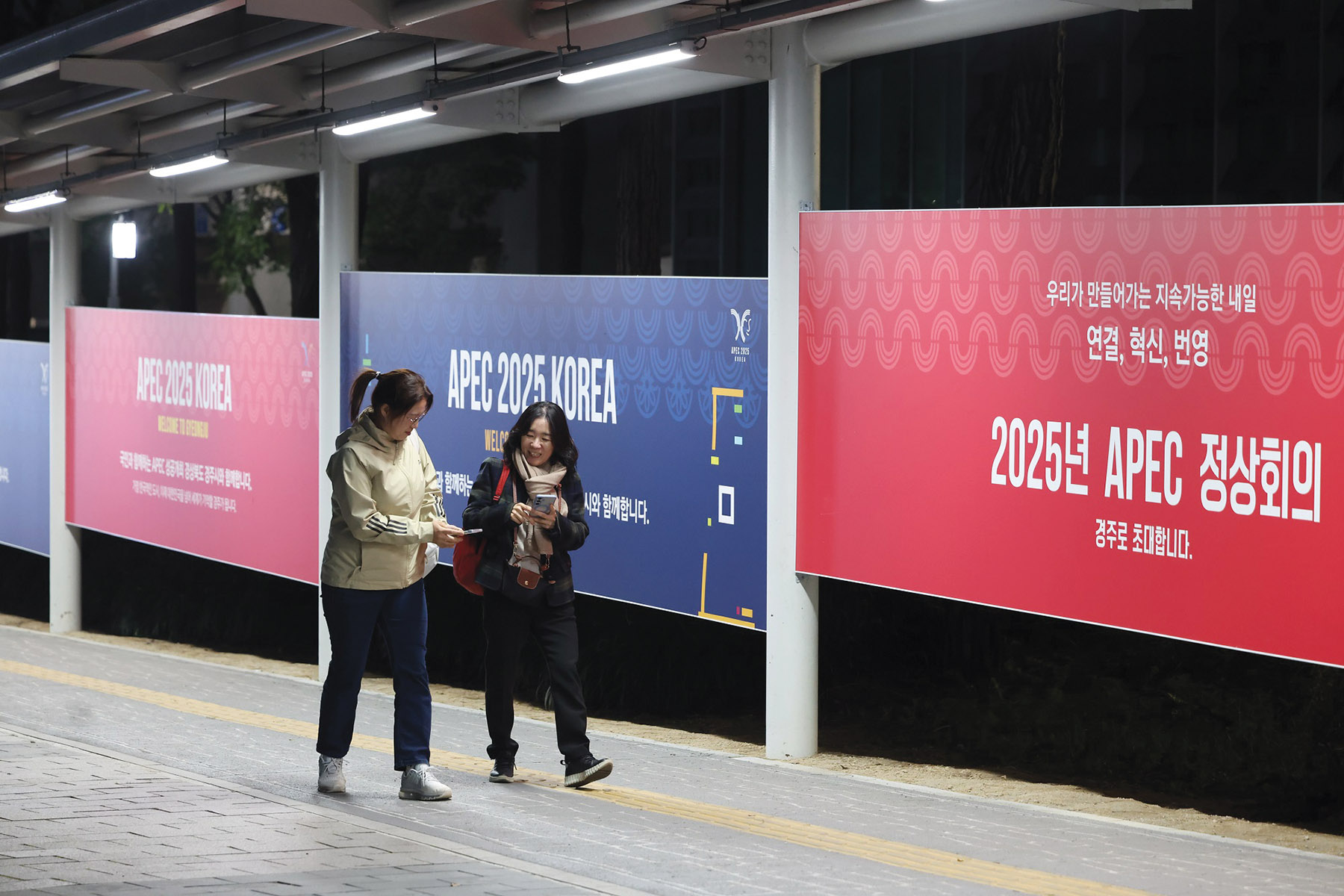Chinese proposal provides wisdom for member economies to pursue multilateralism, experts say

The China-proposed Global Governance Initiative (GGI) aligns with the core values of the Asia-Pacific Economic Cooperation (APEC) grouping, offering China’s wisdom to member economies to pursue multilateralism, experts say.
“The GGI is very timely as it primarily emphasizes the need to uphold multilateralism and focuses on collective governance, which aligns with the direction that APEC economies should uphold,” said Kang Ho-gu, director of the Sino-Korea Economy/Society Institute.
The GGI was proposed by Chinese President Xi Jinping in September. It has five principles — adhering to sovereign equality, abiding by international rule of law, practicing multilateralism, advocating a people-centered approach, and focusing on taking real actions.
Kang, who is also visiting professor of the Graduate School of International Studies at South Korea’s Chung-Ang University, said this is particularly important now as the multilateral mechanism is being weakened, with unilateral measures such as the “America First” policy leading to the failure of global governance.
As South Korea is currently hosting this year’s APEC Economic Leaders’ Meeting under the theme “Building a Sustainable Tomorrow”, Kang said if GGI’s key principles can be conveyed to governments and all participants at the APEC meeting and advance a consensus, it can not only promote economic cooperation but can also contribute to the stability of global governance.
As global governance and the rules-based trade order is under sustained attack from the United States, the GGI provides a framework for discussion by APEC economies, said Daryl Guppy, an international financial technical analysis expert who previously served on the national board of the Australia China Business Council.
“It provides an alternative to the current situation which is disrupted by the United States acting in the same way as a rogue state,” said Guppy.
However, Guppy said it is a challenge to retain APEC unity with sovereign equality.
“The interests of each APEC member state should not come at the expense of others,” said Guppy, noting that US intransigence threatens the consensus-based approach taken by APEC.
Guppy also said that Australia’s prosperity rests on free and open trade, particularly with China, and being a US ally should not stop the country from working with and supporting China-led initiatives to promote a trade environment that is free from the threat of tariffs as economic punishment.
By emphasizing collaborative, data-driven, and multistakeholder governance, GGI can help APEC strengthen institutional coherence and regional resilience, said Anna Rosario Malindog-Uy, vice-president of the Asian Century Philippines Strategic Studies Institute.
“China can also foster institutional synergy by hosting joint policy dialogues and knowledge-sharing platforms that connect GGI and APEC on issues like climate governance, digital trade, and sustainable finance,” said Malindog-Uy.
“Ultimately, China’s leadership can transform GGI-APEC collaboration into a model of cooperative multilateralism, reinforcing APEC’s relevance as a bridge for shared prosperity and equitable globalization in the Asia-Pacific,” she said.
The need for new governance mechanisms has never been more critical as global challenges require collaboration that transcend regional boundaries, said Jose Alves, dean of the Faculty of Business at the City University of Macau.
“The GGI faces challenges and requires new mindsets, but offers a valuable framework for fostering multilateral cooperation, aligning diverse economic priorities, and ensuring that no community or region is left behind,” said Alves.
As the GGI’s initiator and host of APEC 2026, China can align the two frameworks by promoting green technologies, cross-border trade, and inclusive policies to drive sustainable growth, he said.
Contact the writers at kelly@chinadailyapac.com


